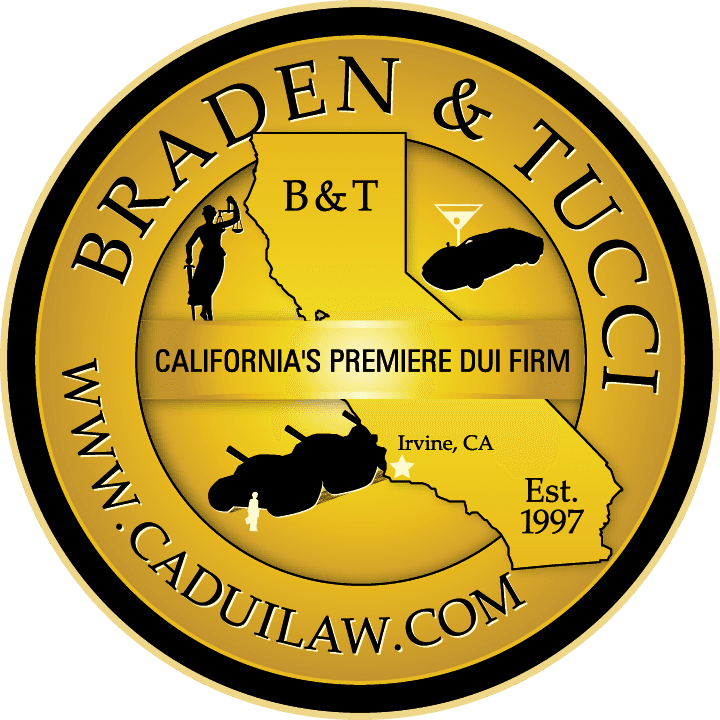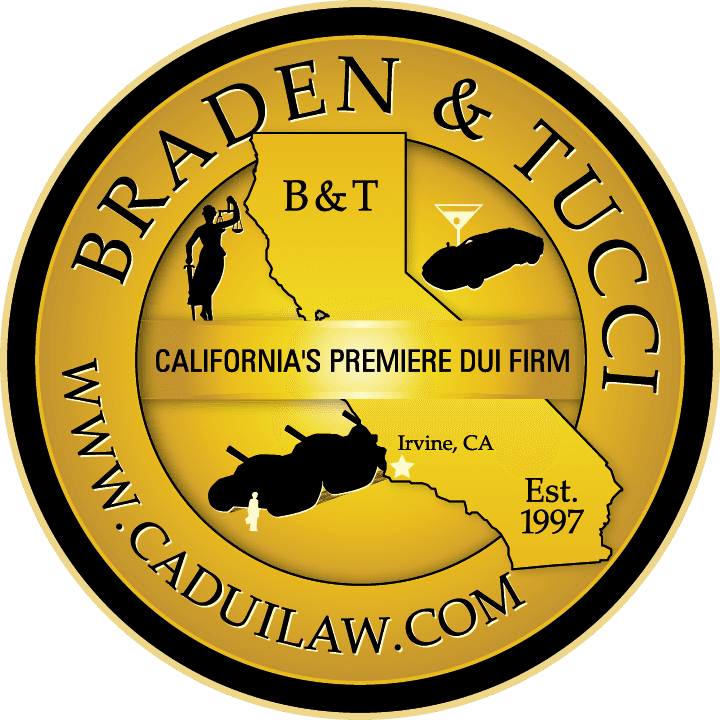Driving under the influence (DUI) is a serious offense in every state, but when you're an out-of-state driver facing DUI charges in California, navigating the legal system can be particularly daunting. California has some of the strictest DUI laws in the country, and being unfamiliar with them can lead to serious consequences.
The Basics of California DUI Laws
In California, driving under the influence is defined as operating a vehicle with a blood alcohol concentration (BAC) of 0.08% or higher. However, even if your BAC is below this limit, you can still be charged with DUI if your ability to drive is impaired by alcohol or drugs. This means that law enforcement officers can arrest you for DUI based on their observations of your behavior, regardless of your BAC level.
Penalties for Out-of-State Drivers
If you're arrested for DUI in California as an out-of-state driver, you may face both legal and administrative penalties. These penalties can vary depending on factors such as your BAC level, prior DUI convictions, and whether your actions resulted in property damage, injury, or death.
For a first-time DUI offense in California, penalties typically include fines, license suspension, mandatory DUI education programs, and possible jail time. If you're convicted of DUI in California, your home state will likely be notified, and you may face additional penalties upon your return home, such as license suspension or mandatory alcohol treatment programs.
Administrative Penalties
In addition to criminal penalties, out-of-state drivers arrested for DUI in California may also face administrative penalties imposed by the California Department of Motor Vehicles (DMV). These penalties can include automatic license suspension, even before your criminal case is resolved. To contest the suspension of your license, you must request a DMV hearing within a specified timeframe following your arrest.
Interstate Compact Agreements
Interstate compact agreements are agreements between two or more states that aim to facilitate cooperation and coordination on various issues, including law enforcement and driver licensing. One such agreement relevant to out-of-state drivers facing DUI charges in California is the Driver License Compact (DLC).
The Driver License Compact (DLC) is an interstate compact among 45 states and the District of Columbia. Its primary purpose is to share information about traffic violations and DUI convictions between member states. This means that if you're licensed in one member state and you commit a traffic violation or are convicted of DUI in another member state, your home state will likely be notified of the offense.
The DLC operates on the principle of "One Driver, One License, One Record." This means that your driving record is maintained in your home state, but information about out-of-state traffic violations and DUI convictions is shared with your home state through the compact agreement. As a result, if you're an out-of-state driver arrested for DUI in California, your home state will likely receive notification of the offense.
This notification can have several consequences for out-of-state drivers:
- Additional Penalties: Your home state may impose additional penalties, such as license suspension or mandatory alcohol education programs, based on the out-of-state DUI conviction. These penalties are typically determined by the laws and regulations of your home state.
- License Suspension: Your home state may suspend or revoke your driver's license based on the out-of-state DUI conviction. The duration of the suspension or revocation will depend on the laws of your home state and the specific circumstances of the offense.
- Ignition Interlock Device (IID) Requirements: Some states require drivers convicted of DUI to install an ignition interlock device (IID) in their vehicles. If you're convicted of DUI in California as an out-of-state driver, your home state may impose IID requirements as part of the penalties for the offense.
- Insurance Consequences: A DUI conviction can also result in increased auto insurance premiums. Your insurance company may raise your rates or even cancel your policy altogether based on the out-of-state conviction.
Legal Options for Out-of-State Drivers
If you're facing DUI charges in California as an out-of-state driver, it's crucial to understand your legal options. Hiring an experienced DUI attorney who is familiar with California's laws can significantly improve your chances of achieving a favorable outcome. Your attorney can review the details of your case, challenge evidence, and advocate on your behalf in court and at DMV hearings.
One potential option for out-of-state drivers charged with DUI in California is to negotiate a plea bargain. This may involve pleading guilty to a lesser offense, such as reckless driving, in exchange for reduced penalties. However, plea bargains are not always available, and it's essential to weigh the potential consequences carefully before agreeing to any deal.
Another option is to fight the charges in court. Your attorney can challenge the validity of the traffic stop, the accuracy of field sobriety tests, and the reliability of chemical tests such as breathalyzer or blood tests. If law enforcement officers violated your rights during the arrest or failed to follow proper procedures, it may be possible to have the evidence against you suppressed or the charges dismissed.
At Braden & Tucci, we understand the challenges and intricacies of DUI cases, and we are dedicated to providing personalized guidance and aggressive representation to protect your rights and achieve the best possible outcome. From navigating the legal process to advocating on your behalf in court and at DMV hearings, we are committed to standing by your side every step of the way.
Contact us today to schedule a consultation and learn how we can help you defend against DUI charges in Orange County and safeguard your future.

